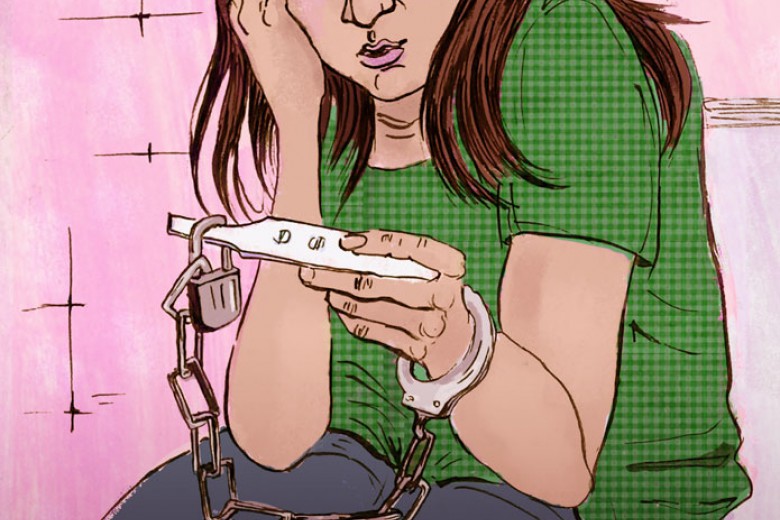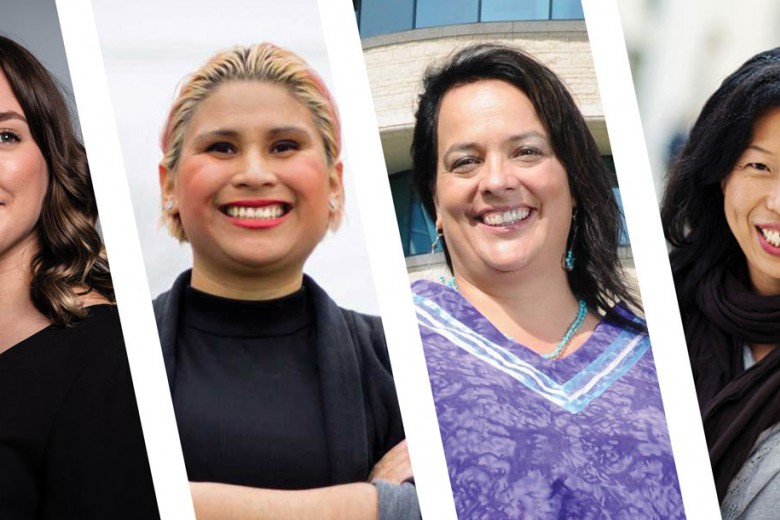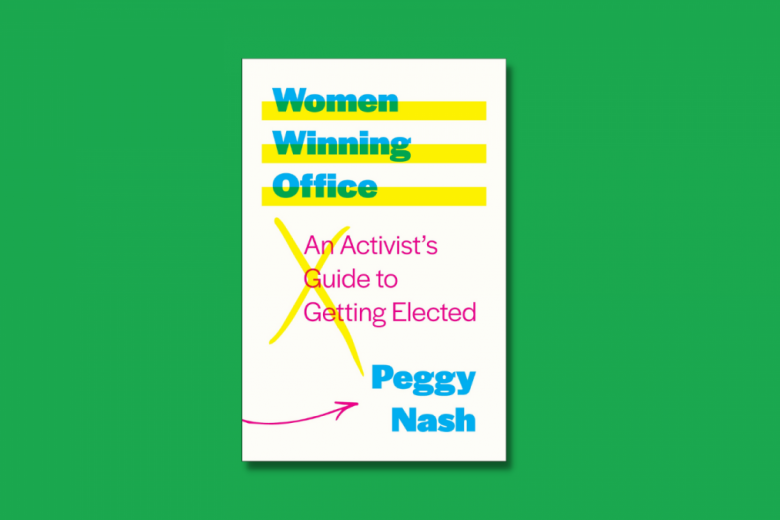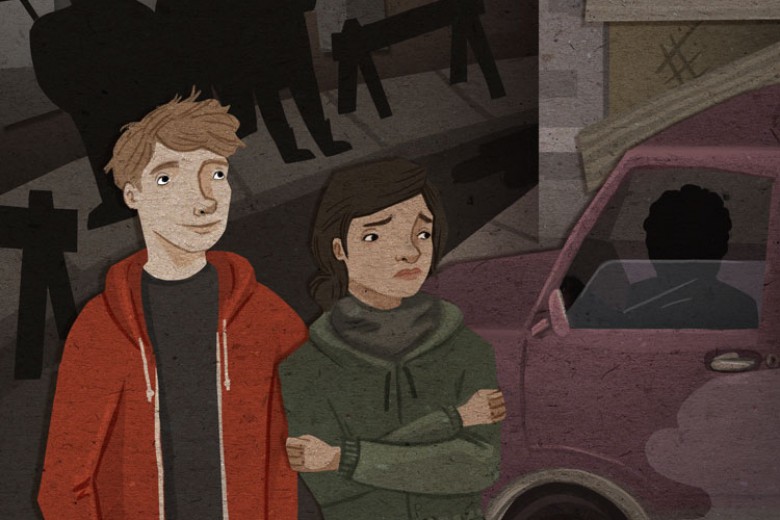Status of Women Canada is still reeling from the cuts handed down by the Conservative Government last fall. A small-budget agency dedicated to furthering women’s equality, Status of Women was responsible for conducting research for government and ultimately for Cabinet; analyzing policy; liaising with “stakeholder” (citizen) groups, and sprinkling some bread on the waters in the form of modest research and program grants. Its role was hardly controversial: the organization got good value for its money, and in the process educated and involved women all over the country in policy formulation, while obtaining research cheaply for the civil service and the government of the day.
In October the Conservatives struck the word “equality” from the Status of Women’s goals and cut off funding for projects that involved advocacy, lobbying, or research. Then in November the Harper government announced that it would shut down twelve regional Status of Women offices, including those in St. John’s, Halifax, Charlottetown, London, Hamilton, Thunder Bay, Winnipeg, Saskatoon, and Vancouver. Operations would be consolidated into four regional centres: one in Edmonton (serving Manitoba, Saskatchewan, Alberta, British Columbia, the Northwest Territories, and Yukon); one in Montreal (serving Quebec and Nunavut); one in Moncton (serving New Brunswick, Nova Scotia, Prince Edward Island, and Newfoundland and Labrador); and one in Ottawa (serving Ontario and national organizations).
This is a government that doesn’t think women, especially feminists, are a constituency it needs to listen to or worry about. The Harper Conservatives simply aren’t paying much attention to women or to other equality-seeking groups such as gays and lesbians, Aboriginal people, or childcare advocates. In short, the attack on Status of Women is part of the same ideological hostility that led to the elimination of the budget for the Law Reform Commission of Canada (which did first-rate research on legal, political and constitutional matters, and published and distributed these for free for citizen use), and for the Court Challenges Program (which funds cases that have important questions of law and which might not otherwise be taken before the courts).
In effect, any group seeking to challenge the status quo or guide the government towards more proactive, progressive policies has been pegged as “against us” rather than “with us,” and the Conservatives are disarming and dismantling them as fast as they can.
Status of Women is now prohibited from funding work that can be considered “political advocacy.” That’s rich. The Conservatives will consent to funding shelters for battered women, but not organizations advocating for an end to violence against women and children. We can bind the wounds but not question the structures and processes that wound in the first place.
While particular communities will be injured by the Harper government’s actions, it is ultimately democracy itself that is hurt, as groups with the tenacity to lobby for “equality” are pushed to the margins; as grassroots sources of information dry up; as citizen involvement in the political order is frustrated; and as public policy is churned out uncomplicated by input from the people it actually affects.
Dr. Joyce Green is an Associate Professor of Political Science at the University of Regina.






